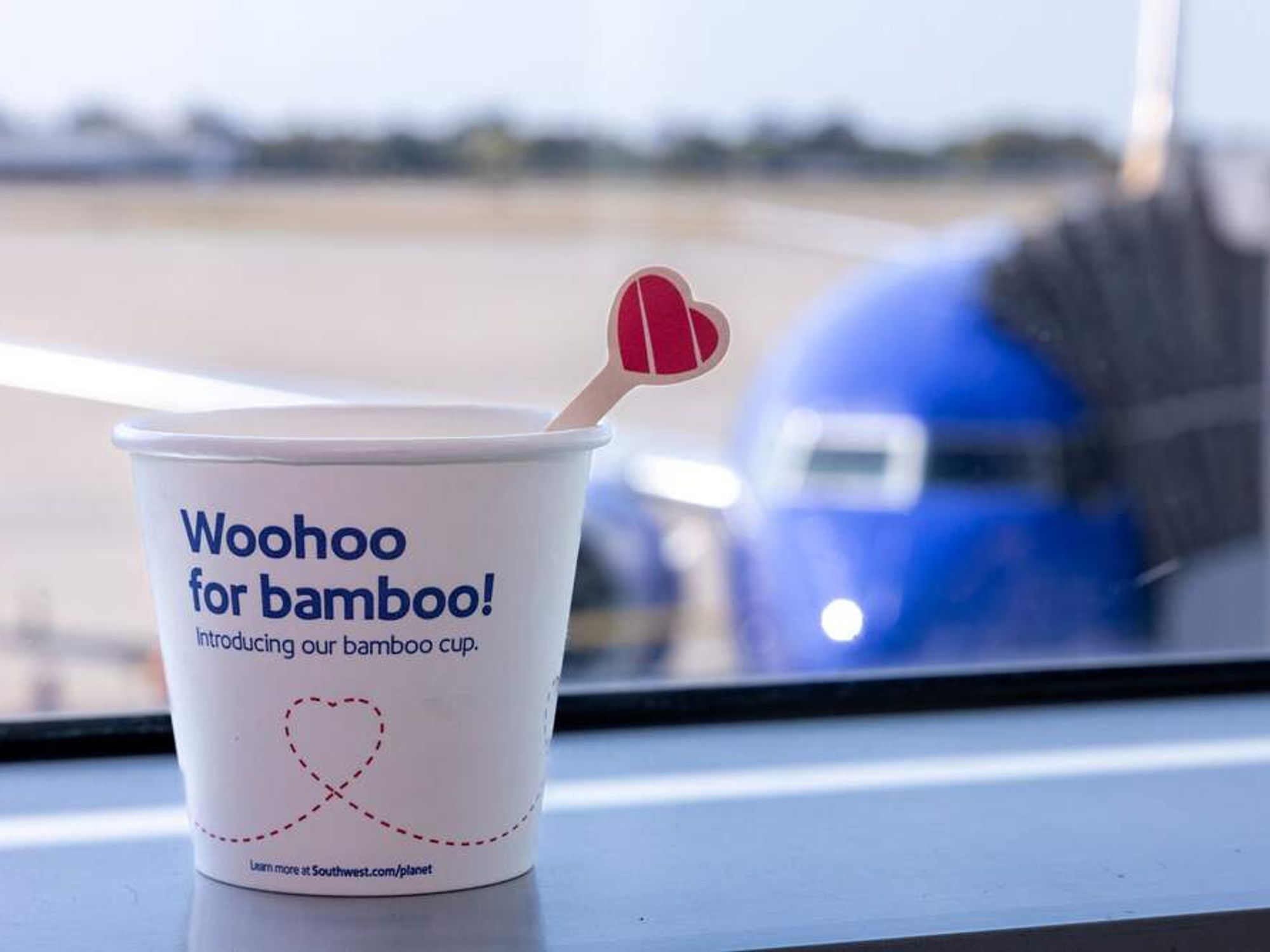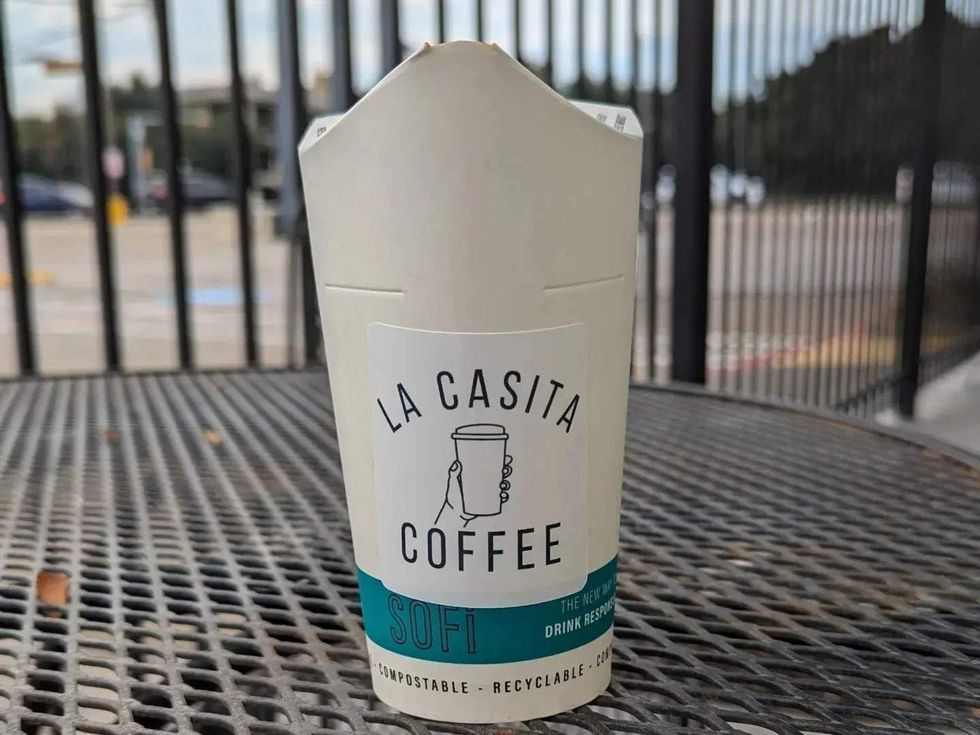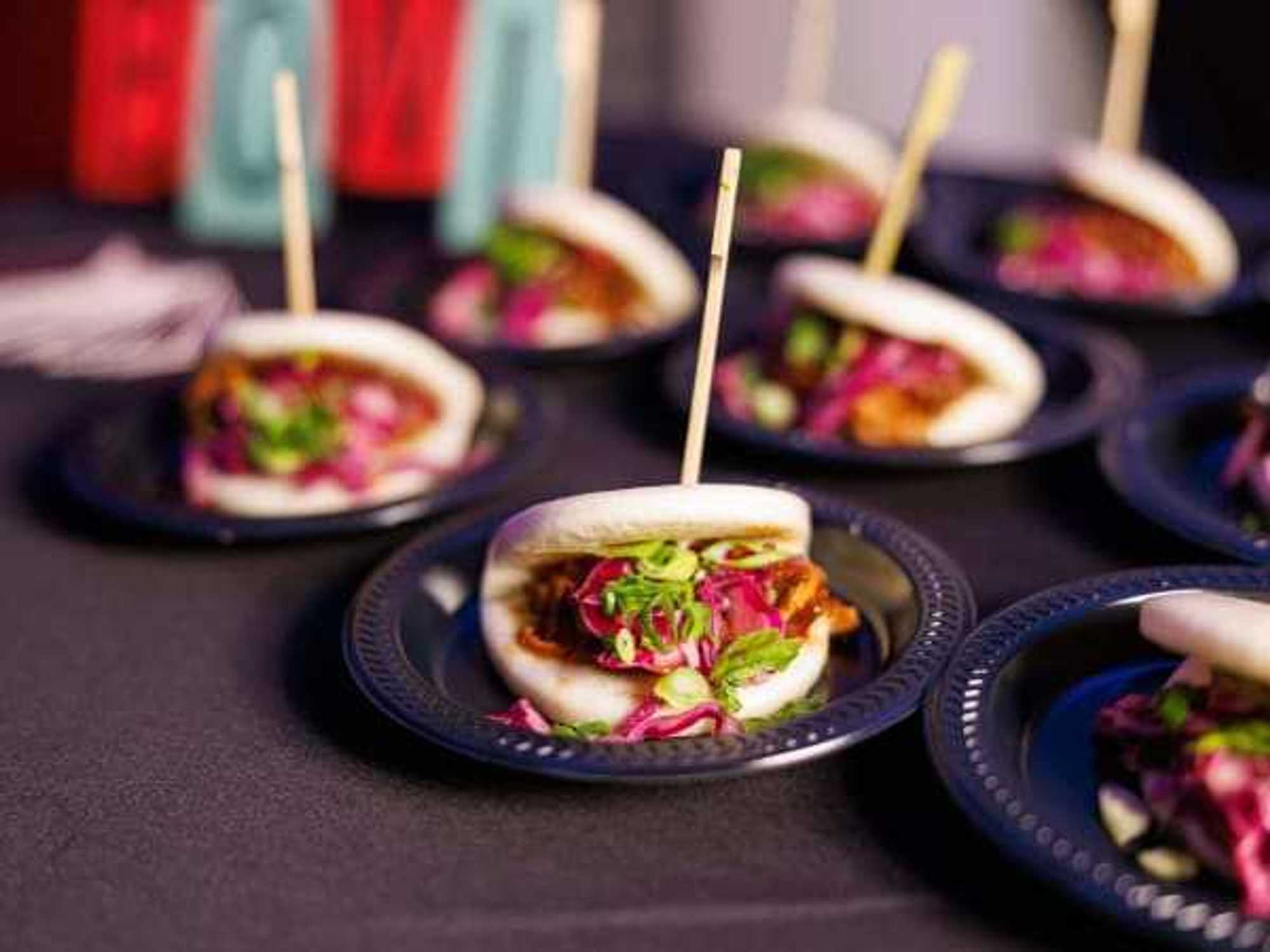Eco Warrior News
Dallas restaurants doing amazing little things for the environment

Cute bamboo cup from Southwest Airlines
One unfortunate legacy left by the pandemic has been a huge increase in the use of plastics — setting back progress that was being made pre-pandemic.
Plastics are bad. They harm everything they touch: the environment, health, food security, and economies. But they're convenient, subsidized, and in some cases necessary.
Before the pandemic, a growing awareness had started to snowball regarding the negative impact of plastics, particularly plastic straws and single-use plastic containers — and it was significant enough to make the plastics industry very nervous.
"In the two years leading up to the pandemic, the public backlash against plastic was a major concern for industry leaders," says a story about plastics and the pandemic in The Guardian. "As a corporate executive remarked during an industry event early in 2019: 'We need to get the image of plastic in oceans out of the public’s mind. Otherwise, we could lose our social license to operate.'"
But then the pandemic came along, igniting mass hysteria about contagion, and suddenly, bans on single-use plastics that had been in the works were reversed in countries around the world: North America, Europe, Africa, and Asia.
“Overnight, plastics went from public enemy No. 1 to consumers asking for everything to have as much packaging as possible and to be single use,"
said one gleeful analyst for Shell Oil, who are a major plastics player.
The urgency of the plastics situation remains invisible to most people, lined up at the drive-thru for their coffee or Chick-Fil-A, piling up nearly 250 pounds of plastic waste every year. (That's what the average American amasses — more than any other country.)
But there are brave, pro-environment efforts being made by Dallas companies and organizations, big and small.

Dallas efforts
The Dallas restaurants and organizations listed below have taken steps to fight waste, even though it costs them money.
Plastic Free Lunch Day is November 22
Dallas ISD’s Food and Child Nutrition Services will participate in Plastic Free Lunch Day on November 22, to help reduce the amount of single-use plastic in school cafeterias.
Plastic Free Lunch Day was started by middle school students in Brooklyn. The initiative was such a success that it was adopted by all New York City public schools in 2022. The concept has since spread to public schools across the country — including Dallas ISD, which was the first in Texas to participate, when it joined up in 2022.
It creates an opportunity to educate students and the community on ways to positively impact the environment, including skipping plastic. Dallas school cafeterias will replace the plastic items they regularly use during lunch with biodegradable alternatives. (Plastic cutlery, cups, and straws will be available upon request for the crybabies.)
Southwest Airlines bamboo cup
Southwest Airlines Co., the Dallas-based airline, has introduced a new bamboo cup for inflight cold beverages, and a wood stir stick in place of a plastic stick. The airline expects the new items to reduce its inflight single-use plastics by more than 1.5 million pounds annually.
In July 2024, Southwest transitioned to a paper overwrap for its napkins made from 100 percent post-consumer recycled materials — fully eliminating plastic from this service item. The airline is making an effort to eliminate single-use plastics from inflight service by 2030.
La Casita Bakeshop compostable cups
La Casita Bakeshop, the award-winning bakery and cafe operation, recently
debuted fabulous new cups that are 100 percent compostable, soil- and marine-biodegradable, breaking down naturally after 90 days, and made from natural materials.
"We are always trying to find ways to be more environmentally friendly and this is a big way we can," they said in their post announcing the new cups. "We just want to be proud of our paper trail and being a restaurant it's hard to do that."
Smoothie King biodegradable cups
Smoothie King, the Dallas-based smoothie chain, previously used styrofoam cups, but began testing a biodegradable cup in 2019. They now offer it as the default choice. They're using Vio Foam, specially made cups that biodegrade 92 percent in four years. They'll still accommodate whiny selfish customers who insist on getting a plastic cup instead, but their Vio foam cup not only helps the environment, it also keeps their smoothies cold a little longer.
Kate Weiser Recycle Box Program
Kate Weiser, the Dallas chocolatier, sells its gorgeous eye-catching bon-bons in a variety of boxes, from 4 pieces all the way up to 35 pieces. (OK, they'll sell them individually, too, but who goes to a chocolate shop and buys a single chocolate?) They have a program where you can bring your empty box to the store and get a refill and get 5 percent off. (Weiser amusingly calls it a "secret hack.")
Dude Sweet Chocolate freezer packaging
Dude Sweet Chocolate, the Oak Cliff chocolatier, has a next-level campaign in which they will accept cold-ship packaging you've received in the mail and re-use it. Say, for example, that you ordered an 8-pack of ice cream pints from Double Rainbow in San Francisco, and it arrived in a box with freezer packs and a foil liner. You can drop that packaging off at Dude Sweet's factory location at 1340 Inwood Rd., and they'll re-use it in one way or another when they're doing shipments of their chocolate. They'll take not only the freezer packs but the boxes, too.
Restaurant Beatrice repurposing programs
Restaurant Beatrice, the Cajun restaurant in Oak Cliff, has an entire suite of programs that address climate and environmental issues. Including: Composting, Re-Purposing of Oil (They have continuously recycled their fryer oil to be re-used as bio-diesel), and Repurposing of Single-Use Items by encouraging guests to return their mason jars and bring their own re-usable to-go boxes to limit single-use containers.
Note: Whether you're putting it in the blue bin or the gray bin, your plastic is not being recycled. The best course when it comes to plastic, especially single-use plastic, is to not use it at all.
